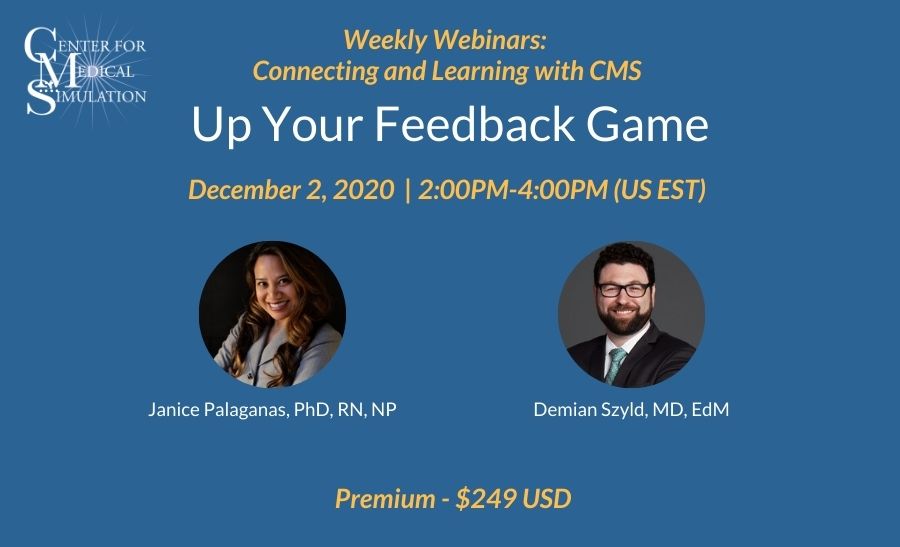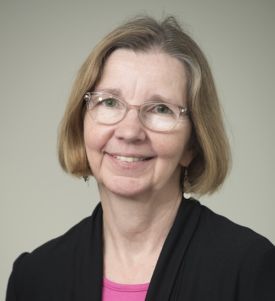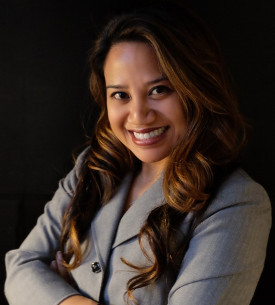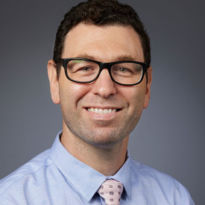Policies
Please review the important policy information below.
New Phone Number: (617) 370-1131
Close

Premium – $249 USD
NOTE: Tuition covers 1 person to participate in the webinar. No additional viewers are allowed.
A significant component of clinical learning is the reflective feedback conversation that occurs between instructor and learner during or after clinical or educational experiences. Similar to a simulation debriefing, a feedback conversation is a reflective dialogue that focuses on comparing actual performance to desired performance through the exploration and analysis of learner thoughts and actions. It incorporates guided critical reflection and learner self-assessment to identify and address learning gaps through a mutually engaging and psychologically safe dialogue. Reflective feedback conversations can stimulate higher levels of thinking, contribute to deeper learning, and impact future performance.
This interactive workshop will engage participants in deliberate practice of learning how to give feedback on feedback; and discuss techniques for evaluating the quality of such feedback. We will discuss key concepts to consider when giving feedback, introduce tools to use in preparation for a feedback conversation. This workshop features group work, facilitated by skilled faculty.
These activities will serve as a model which participants can use at their own institutions and continue to practice and refine their own skills and assist others in conducting feedback conversations.
Following this workshop, participants will be able to:
The webinar is delivered via Zoom, a web conferencing platform. All materials and course interactions will occur online. In order to participate fully, each person must have:
Due to the interactive nature of this workshop, a recording will not be provided after the workshop concludes.

Ann Mullen, RN, MSN, CHSE
Program Manager
Center for Medical Simulation, Boston, Massachusetts
President
Foundation for Healthcare Simulation Safety
Ann has over 30 years of experience in critical care nursing and staff education. Prior to joining CMS, Ann was the Program Manager of the Shipley Medical Simulation Center at Newton-Wellesley Hospital where she was responsible for program planning, faculty training and ongoing faculty development. Her interests include faculty development, debriefing and simulation safety.

Janice Palaganas, PhD, RN, NP, FSSH, ANEF, FAAN
Associate Director of Health Professions Education
MGH Institute of Health Professions, Boston, Massachusetts
Principal Faculty
Center for Medical Simulation, Boston, Massachusetts
Dr. Palaganas has developed a passion for teamwork from her background as an emergency nurse, trauma nurse practitioner, director of emergency and critical care services, and faculty for schools of medicine, nursing, allied health, management, physician assistant studies, and emergency medicine. As a behavioral scientist and former clinical nurse and hospital administrator, Dr. Palaganas’ passion is in using health care simulation as a platform for interprofessional education. She served as a committee member of the Institute of Medicine’s report on measuring the impact of interprofessional education on practice. Dr. Palaganas has shaped the field of simulation, leading the development of the Society for Simulation’s Accreditation and Certification Program, authored their first textbook, Defining Excellence in Simulation Programs as editor-in-chief. She urged the development of the recently released Society for Simulation dictionary, authored seminal articles, and co-authored field-changing research including the National League for Nursing study for high-stakes assessment using simulation.

Demian Szyld, MD, EdM
Senior Director, Faculty Development Program
Center for Medical Simulation, Boston, Massachusetts
Dr. Szyld is an Emergency Medicine physician at the Brigham and Women’s Hospital (BWH) and a Lecturer at Harvard Medical School. Dr. Szyld was the first Simulation and Education Fellow at the STRATUS Simulation Center at BWH and is actively involved in the Society for Simulation in Healthcare and has chaired the Formal Training Affinity Group, led the Affiliations Committee and served as an Accreditation Site Reviewer and completed a term on the Board of Directors (2016-2019).
Please review the important policy information below.
The Center for Medical Simulation accepts payment by credit card, wire transfer, money order or cashier’s check in U.S. dollars. Personal checks are not accepted. You will be receiving an invoice via email, no paper invoices are issued. Your payment is due immediately upon receipt.
If you have any questions regarding pricing or our policies, please Contact Us.
Application Deadline: Dec 1, 2020
View the course time in your local time zone.